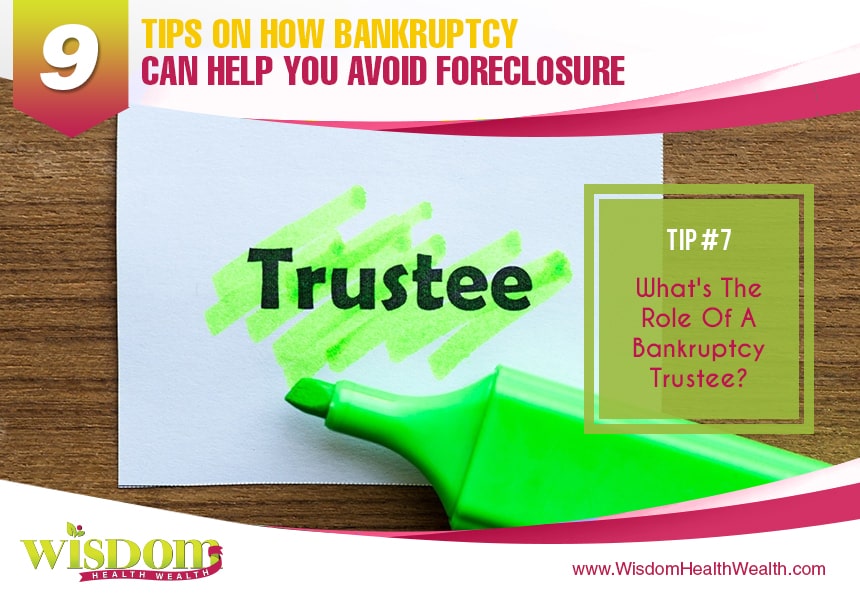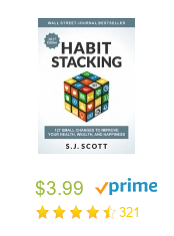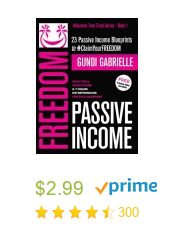
9 Tips On How Bankruptcy Can Help You Avoid Foreclosure

FAQs About Bankruptcy And Foreclosure
Are you stressed and plagued with fear that your house will be foreclosed soon? If so, then perhaps you should consider filing bankruptcy. By doing so, you can halt the process of foreclosure, and you can remain in your home a little longer. Below, you will read more about how filing bankruptcy affects homeowners who are troubled with a possible foreclosure.

1Why People File Bankruptcy?
If you wish to put the brakes on the foreclosure process, file bankruptcy. In case you are a buyer, consider other properties as soon as you hear that the owner of the house that you want to purchase is filing bankruptcy. In general, people file bankruptcies in an attempt to try and start again or to clear out old debts. This is a legal process, and anyone can do this, according to federal law.
Bankruptcy cases are handled by the federal court. After you file bankruptcy, your creditors will immediately stop harassing you. The law prohibits them from calling you or collecting fees from you. The court will decide who gets paid and how much a person or company will receive.

2Does Bankruptcy Totally Protect Debtors?
In bankruptcy cases, it's still very likely for debtors to lose their properties particularly if they are unable to pay their debts, even if filing bankruptcy means that they are no longer obligated to pay their unsecured debts. There are instances, wherein a homeowner can either update or cure a mortgage after bankruptcy, which then gives the debtor a chance to unload his unsecured debt. There are also times when selling a property is the best option as this can prevent foreclosure.
Once a debtor files bankruptcy, all of his financial transactions will be under the supervision of the court. Due to this, creditors will have to get in touch with the bankruptcy trustee, and this is the person or entity that creditors need to communicate with so that they can get their money. The law does not include provisions that allow creditors from directly contacting debtors.

3How Long Does A Bankruptcy Case Run?
Generally, an easy bankruptcy case can be settled within three months, but more complicated cases take more time, especially if there are issues at court. During this period, the debtor gets some time that he can then use to put his finances in order. In other words, he enjoys some peace from the constant harassment or prodding of his creditors.
On the same day that bankruptcy is filed, the court also issues an order that stops the foreclosure; the court can also issue orders regarding repossession proceedings, as well as garnishing the debtor's wages to pay for his debts. This order is generally known as an automatic stay. By filing a Chapter 7 bankruptcy, a debtor is requesting the court to release him from his debts, and this is why unsecured debts are often written off right away.

4Can Bankruptcy Discharge A Secured Debt?
It is a different matter when it comes to secured debts. If you wish to have this discharged, then you will need to forfeit your property to erase all those debts. In case you are interested in buying a house, but learned that the owner of that house is planning to file bankruptcy, avoid agreeing to a pre-foreclosure sale.
At this time, the owner has a lot on his mind, and he is likely not yet ready to negotiate. Perhaps, he'll change his mind once he discovers that he is not financially capable of covering the cost and that will allow him to save his home from being foreclosed. So, just communicate with him regularly and remind him that you're interested in buying, in case he does decide to sell his house in the future.

5What Is Chapter 11 Bankruptcy?
Chapter 11 bankruptcy is a condition that businesses often use to prevent creditors from taking too much of their profits, during a time when they are trying to reorganize and manage debts. Businesses that are thinking about filing a Chapter 11 Bankruptcy are required to possess assets, that exceed one or both limits, that are identified in Chapter 13. Thus, an unsecured debt must amount to more than $307,675, while secured debt should be $922,975.
Filing a Chapter 11 bankruptcy is quite costly, around $839. A Chapter 7 bankruptcy is cheaper to file, costing about $209. Lawyers are also needed, and their fees vary. As the court continues to settle debt payment issues, there are also quarterly fees that need to be paid. Here's a reference: for payments that are $15,000 or lower, the quarterly penalty is around $250, while those payments that exceed five million must pay penalties that can amount to $10,000 or more, for every quarter.

6How To Apply For Chapter 13 Bankruptcy?
When a person files a Chapter 13 bankruptcy, he must give details regarding how he'll pay his debts including past dues and current liabilities, while the bankruptcy is processed for the next three to five years. It is still possible for a debtor to keep possession of his car and house, as long as he can still pay his auto and mortgage payments on time including other additional charges on his outstanding amount. Filing a Chapter 13 bankruptcy is a good decision if a person wants to retain his property. After meticulously evaluating the financial standing of the person in debt, the court then decides on an amount that the debtor must pay each month until he pays off all his debts.

7What's The Role Of A Bankruptcy Trustee?
It is the court that selects the bankruptcy trustee, and this appointed individual manages the financial matters of the debtor, following the court's specific and strict orders as regards the case. The trustee acts as a middleman between the debtor and creditors, as it is the trustee's task to receive the payment from the debtor and then give the agreed upon amount to the creditors. In this process, unsecured creditors typically get paid first compared with secured creditors. The ideal person who can take on the responsibilities of a bankruptcy trustee must be well-versed regarding bankruptcy chapters and related courtroom proceedings. A trustee does not have to be an attorney.

8How Does A Stay Order Works?
A stay order is immediately enforced as soon as a bankruptcy case is filed, and this means that creditors can no longer take any action to collect money from the debtor. An automatic stay quickly stops all actions against the debtor, including foreclosure actions, litigation, collection, repossession, as well as IRS liens. There are also times when creditors file a motion to lift a stay order. Others even continue collecting, even though they do not have the court's permission yet.
There are new bankruptcy regulations, wherein the court permits collectors to continue with their actions against the debtor; however, when it comes to most debts, creditors are not allowed to call or contact, send threats, or sue the debtor to collect money. An automatic stay is also not the answer to a debtor's problems. In context, automatic stays do not prevent evictions that were decided before the filing, repair domestic relations, and solve other tax-related issues.

9Can A Stay Order Stops Foreclosure?
An automatic stay can stop a lender from proceeding with foreclosure, yet a lender can also file a suit to have the stay order lifted. A debtor is obligated to solve his loan problems by paying off all unpaid debts, as well as other charges and legal fees, or he could opt to come up with a payment arrangement to update his loan. If the debtor fails to take these actions, it's possible for the court to lift the stay. Moreover, there is a slimmer chance of stopping a foreclosure if the debtor filed a previous bankruptcy two years prior and the stay, at that time, was lifted by the court.
It may be hard to believe, but filing bankruptcy is the most prudent move for some people. It is a smart move, depending on what your current situation is, even though this will remain in your credit report for several years. In case you are thinking about filing bankruptcy, but you aren't sure about your other options yet, talk to a reliable financial consultant.
About Author
John Quintana
GET THE FREE MAGAZINE DELIVERED STRAIGHT TO YOU:









































